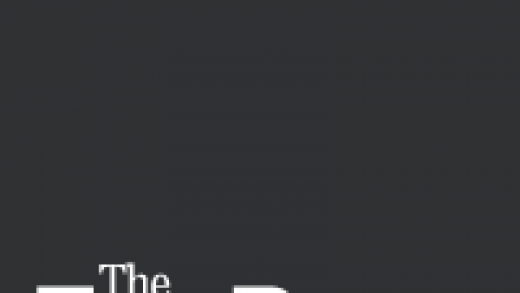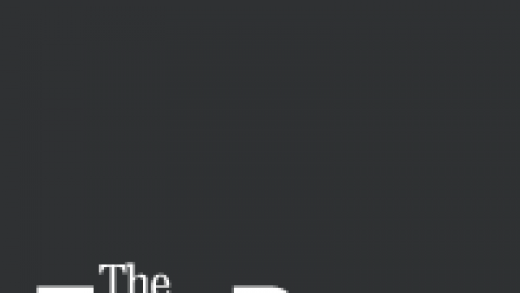
Amid a season of heat waves and wildfire smoke, a new curriculum is urging Manitoba teachers to normalize climate change conversations in classrooms and it provides tips on how to do just that in 2023-24.
Green Minds has released Climate Hope, a free e-book that aims to help educators overcome fears about the planet’s future and build confidence to introduce the anxiety-inducing topic in a way that empowers students to take action.
“If we don’t have experiences out in our community or outside, it’s going to be really challenging — and I would say, impossible — for kids to care for it,” said Scott Durling, a teacher who edited the eco-anxiety guide published last week.
MIKAELA MACKENZIE / WINNIPEG FREE PRESS FILES “What we really wanted to do was broaden what we believe climate action to be,” said Scott Durling, a teacher who edited the eco-anxiety guide published last week.
Given teachers often do not know where to start when it comes to acknowledging the environment has changed, and continues to change, his advice is to start by simply spending more time outside with students throughout the year.
Winnipeg’s H.C. Avery Middle School and Green Minds, a group of researchers, educators and mental health professionals in the city, partnered last year to study how human consumption and growing carbon emissions are not only taking a toll on Earth, but students’ well-being.
The duo received a $70,000 grant via the Manitoba Teachers’ Idea Fund to pilot various climate change education initiatives and create a related curriculum.
The 79-page guide, a living document, notes the complex and, at times, distressing feelings that come along with climate change discussions. It includes coping mechanisms, introductory activities, holistic lesson plans and multimedia resources to explore the subject and all the emotions that come with it.
In early-years grades, teachers are encouraged to expose students to the natural world, teach them about the Indigenous lands they live on, undertake small-scale action items, and actively listen to questions and concerns.
Harold the Iceberg Melts Down, a picture book about eco-anxiety, and All the Feelings Under the Sun: How to Deal With Climate Change are among the age-appropriate resources highlighted in the guide.
The living document calls on middle and high school teachers to build on elementary practices and teach the politics of climate change, participate in ecological acts of community service, and normalize conversations about the topic.
“Conversation is climate action. Don’t underestimate the power of conversation,” states an excerpt from the newly-released curriculum.
Durling said it is only when people talk about the issue that they can begin to question the norms — related to everything from travel to water depletion — that led to it, and start challenging those norms.
“What we really wanted to do was broaden what we believe climate action to be,” he said, noting it does not only come in the form of protests or “going garbageless.”
“I think it begins with conversation and it begins with some of this internal activism, which is really starting to think about your own identity and your own abilities and how you can plug that into physical (action).”
MIKAELA MACKENZIE / WINNIPEG FREE PRESS FILES Undertaking a school waste audit, harvesting rainwater, and organizing a community clean-up are all listed as “take-action” projects in the guide.
Undertaking a school waste audit, harvesting rainwater, and organizing a community clean-up are all listed as “take-action” projects in the guide.
While noting corporations and governments are responsible for many unsustainable practices and supporting them today, Durling said citizens need the tools, skills and self-efficacy in order to mobilize to hold them accountable and demand change.
Manitoba Education has significantly pared down its website on education for sustainable development in recent months.
Until mid-way through the school year, the page listed grant opportunities, recognized “eco-globe schools” — buildings it recognized for exceptional commitment to environmentalism — and promoted the Green Action Centre and Prairie Climate Atlas, among other ecological advocacy groups and projects.
A government spokesperson said the province continues to value and incorporate outcome and learning experiences related to sustainable development, many of which are in science and social studies curricula.
The department is currently “renewing (online) resources to ensure they are up to date and accurate,” the spokesperson said in an email.
Twitter: @macintoshmaggie



